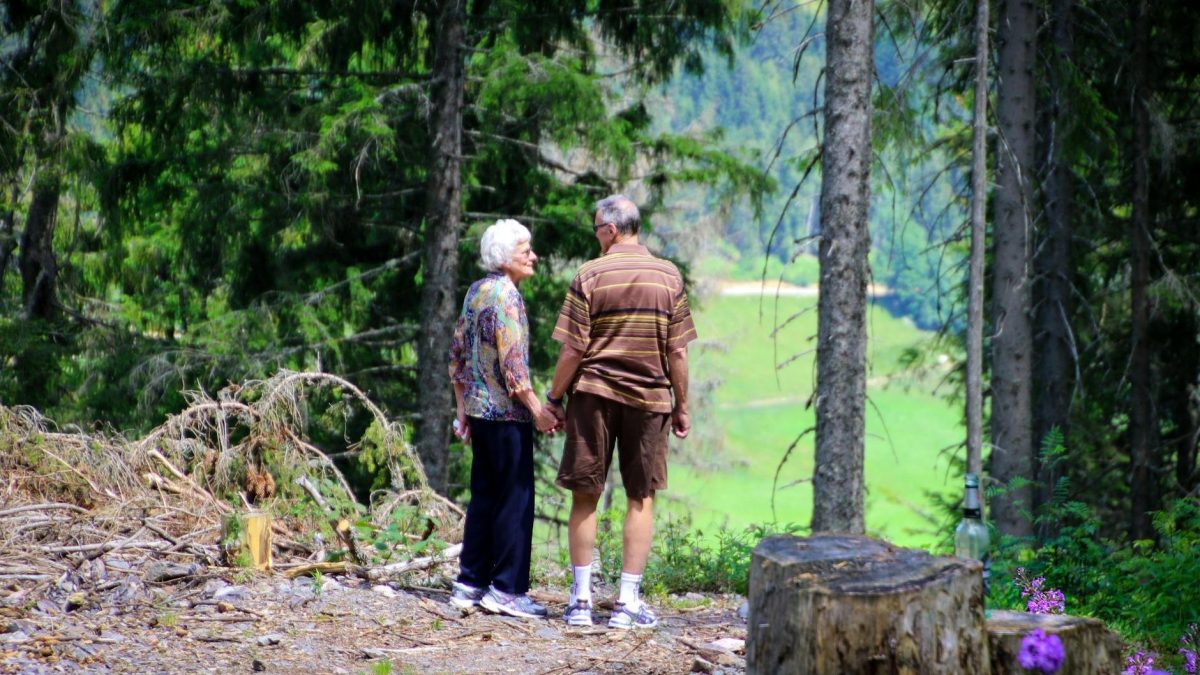Sometimes they even tell me because they have several missed calls from very similar numbers and they don’t know whether to block or delete them, and they are also worried about whether it is something important.
We are talking about the famous “digital divide”, although on many occasions it also happens that they can no longer see well, their pulse trembles or, although you have explained to them several times how to do it, they forget. What are we going to do with the elderly in this sense?
Some examples
The main complaints I hear from the people around me is that they do not want to talk to machines and demand that someone “flesh and blood” attends them when they have to manage something related to household supplies, when they have to talk to the telephone operator, to arrange a medical appointment or to talk to the local council.
They usually prefer to go to the medical centre and ask for an appointment at the reception desk, as they have always done, or to go to the bank and have a person handle their accounts, rather than at the ATM. They need it to be simpler.
This is happening more and more everywhere. For example, my mother, who is almost 80 years old, goes to the sports centre every day to do sport on the machines, ride an exercise bike or walk on the treadmill, a
nd she has to book the class in advance through a website that they keep changing and this becomes a problem.
She is very consistent and doesn’t want to stop exercising because the website doesn’t work properly and sometimes she asks me for help, but if I’m not there, she goes straight to the sports centre to get someone to manage it.
Sometimes she succeeds, depending on who is there at the time, and sometimes it’s more complicated. She has friends who, like her, find it very difficult to make the booking and are not as patient and in the end they stop going to the sports centre and I’m sure this is very common in people of this age group.
The statistics
I read that more than 27% of Spaniards over 65 have never used the internet and that this digital divide concerns more than 50% of people over 50 and more than 75% of people over 80. Bearing in mind that life expectancy is getting longer and longer, I think this is something that we younger people need to address.
Technology is advancing by leaps and bounds, there are more and more applications for mobile phones, more automatisms, more acronyms that we don’t know, more anglicisms, etc. And not only that. With the advent of Artificial Intelligence, a whole world of new experiences is being presented before our eyes.
Soft skills
“Soft skills” are very necessary for dealing with people, and even more so with our elders. Some of them are empathy, respect, congruence, the ability to reassure, emotional intelligence, patience or understanding, among others.
There are specific training courses that are being offered in some companies, centres, associations, etc., but what about all those people who do not leave home except to go shopping and little else? And what about those training courses that are online, and the elderly do not know how to access them? Or what about those older people who simply because of health issues cannot go to any centre, but still need to do business and communicate with the world?
Projects to bridge the digital divide
Fortunately, there are many projects underway. Some are very relevant, such as Fundación Telefónica’s Renacer Digita or Brújula, aimed at promoting public-private policies and initiatives, both in Europe and Latin America, with the objective of bridging the digital divide without leaving anyone behind.
There are also others such as Cogniti , Creared of the Red Cross, or the Maximiliana mobile phone for the elderly, the association of Adopt a grandparent. It is also important that applications are adapted to the elderly, but even so, it is not enough, we must continue to work to help them overcome this problem.
Digital training to overcome the digital divide should also be more widespread, more accessible to everyone, and one idea that comes to mind is to make yourself better known, not just on the internet. If older people are always watching television, for example, why don’t they make more informative programmes for them? Let’s put ourselves in their shoes, let’s see their real needs and let’s try to solve them. There will always be an easier way.
Let’s reflect, today it’s them, but tomorrow we will take their place, and at such a dizzying pace and with age, some abilities are diminishing, if we don’t fix it today, we will have the same feeling and the gap will not have been closed.
